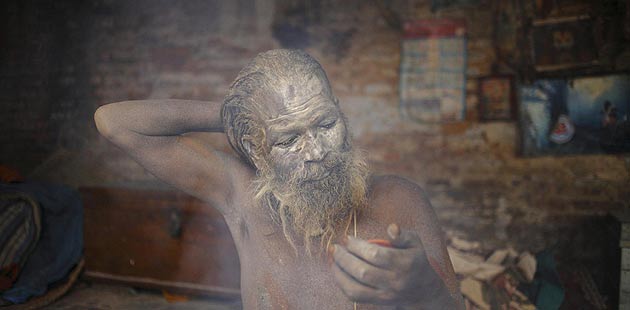The morality of cash gifts
Updated: 2012-02-21 16:47
(chinadaily.com.cn)
|
|||||||||
Chinese children remembered the 2012 World Olympic Mathematics Contest held in Canterbury, not only for their 10 glittering gold medals, but more for the cash exchange gifts they presented, the China Youth Daily reported on Friday.
Wang Xuejin, an analyst with the paper, said for most children of other nationalities, exchanging gifts with other participants shows their respect and good wishes. But seemingly it does not occur to the young Chinese fellows. To them, this crucial contest is just one means for them to enter a better school and those contestants are their rivals, or adversaries. How come they should present anything for a rival or show respect to an adversary?
Although they are aware of returning something for the presents, the idea of giving cash is apparently not a good one. This is probably an insult to those young, kind-hearted friends from other places. But such an unwise deed might be attributed to the long exposure of Chinese children to a materialistic culture in the society. They are ensured by such a culture that money is one mighty means which can achieve anything that is wanted. In this case, from their perspective, presenting cash to others is quit a kind deed rather than an impolite one, the paper said.
Wang said comparing contestants with other countries who study Olympic Math is only out of interest, Chinese children take the courses in this field because it is a necessity for entering a principal high school. Gaining most of the medals in the contest only means that Chinese children spend more time on this, instead of that they are more intelligent than others.
To win this game, they are only doing repetition and calculation, instead of creation, which is the true imperative and helpful thing for their growth. These children's creativity has been strangled and suppressed by the current education system, while others are nurtured to learn how to explore and create by themselves. How could people expect these poor kids to create and contribute in the future?
Hot Topics
Wu Ying, iPad, Jeremy Lin, Valentine's Day, Real Name, Whitney Houston, Syria,Iranian issue, Sanyan tourism, Giving birth in Hong Kong, Cadmium spill, housing policy
Editor's Picks
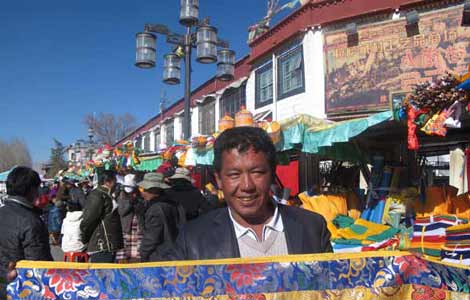
|
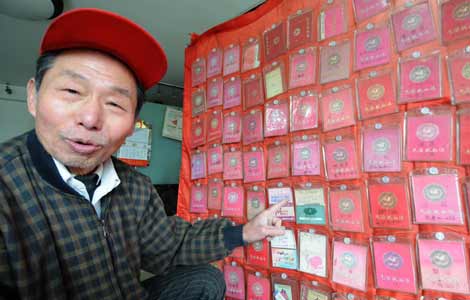
|

|
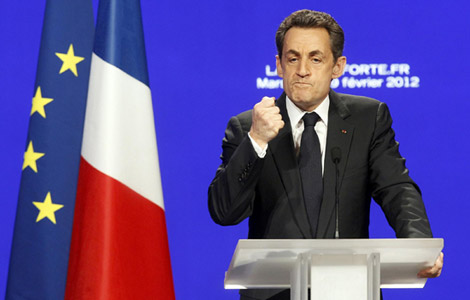
|
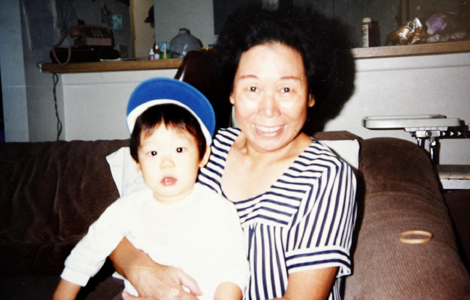
|

|





